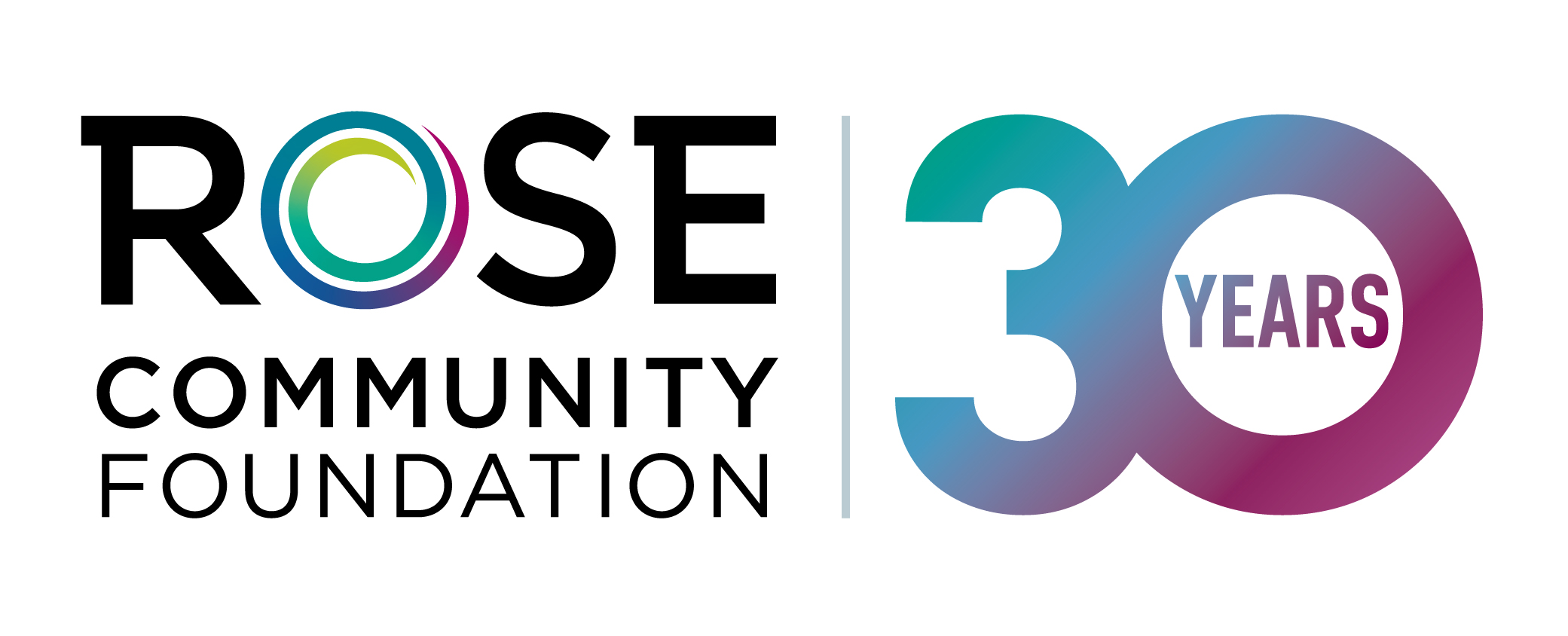Spring is a perfect time for professional advisors to review a few basic tax principles related to charitable giving, in both completing 2023 returns as well as planning for 2024. Here are three questions that are top of mind for many, along with answers that to help you serve your clients:
How important is the tax deduction factor for high-net-worth clients when making charitable contributions?
Among clients with investments of $5 million or more, 91% of those surveyed reported that charitable giving is a component of their estate and financial plans. In another study, most affluent investors cited reasons for giving well beyond the possibility of a tax deduction and would not automatically reduce their giving if the charitable income tax deduction went away. Discussion with your clients about their non-tax motivations for giving — values, family traditions, life experiences, causes, specific charitable organizations – can forge important connections and guidance in planning. Our team, trained in these types of conversations, is available to assist in this work with your clients.
Three items of note:
- The standard deduction will increase in 2024 by approximately 5.5 percent to $14,600 for single tax filers and $29,200 for married couples filing jointly. Your clients whose gifts to charity, plus other deductions, total more than the standard deduction are eligible to itemize deductions, and for those clients, it is worth discussing their 2024 charitable giving plans to evaluate whether a “bunching” strategy, working with Rose Community Foundation, could be helpful to maximize intended support of nonprofits over the next few years.
- Although tax rates in each bracket, ranging from 10% to 37%, aren’t changing, the income levels that define each bracket are increasing. Your clients generally can earn up to about 5% more in 2024 and remain in their 2023 tax bracket.
- The Social Security Administration announced a cost of living adjustment (3.2%) that took effect in January 2024; it is less than half of the increase in 2023 and reflects the decline in inflation in recent months. While retirees are a unique group when it comes to tools and techniques related to charitable giving, 72% of Baby Boomers (and 88% of the Silent Generation) give to charity every year. When you talk about the Social Security increase, it’s a logical time to also bring up charitable giving plans for this year.
Why do clients so often default to giving cash?
Often clients are unaware of the tax benefits of giving highly-appreciated assets to their donor-advised or other type of fund at Rose Community Foundation or other public charity. Even if they are aware, they forget or are in a hurry and end up writing checks and making donations with their credit cards. Advisors should continually remind clients about the benefits of donating non-cash assets such as highly-appreciated stock, or even complex assets (e.g., closely-held business interests and real estate). When clients give highly-appreciated assets in lieu of cash they can significantly reduce capital gains tax exposure, and then can calculate the deduction based on the full fair market value of the gifted assets.
What are the basic deductibility rules for gifts to charities?
The deductibility rules are different for your clients’ gifts to a public charity (such as a donor-advised fund), as opposed to gifts to a private foundation. Gifts to public charities are deductible up to 50% of AGI, versus 30% for gifts to private foundations. In addition, gifts to public charities of non-marketable assets such as real estate and closely-held stock typically are deductible at fair market value, while the same assets given to a private foundation are deductible at the client’s cost basis. This difference can be substantial in terms of dollars, so make sure your clients understand this if they are planning major gifts to charities.
Even if your clients choose to have a private foundation, Rose Community Foundation offers the opportunity to open a paired donor-advised fund, which includes the benefit of our team’s knowledge, relationships in the community and overall philanthropic advice. Reach out to Judy Altenberg, director of donor funds and legacy giving, if you’d like to learn more about the benefits of a donor-advised fund as it relates to a private foundation.

